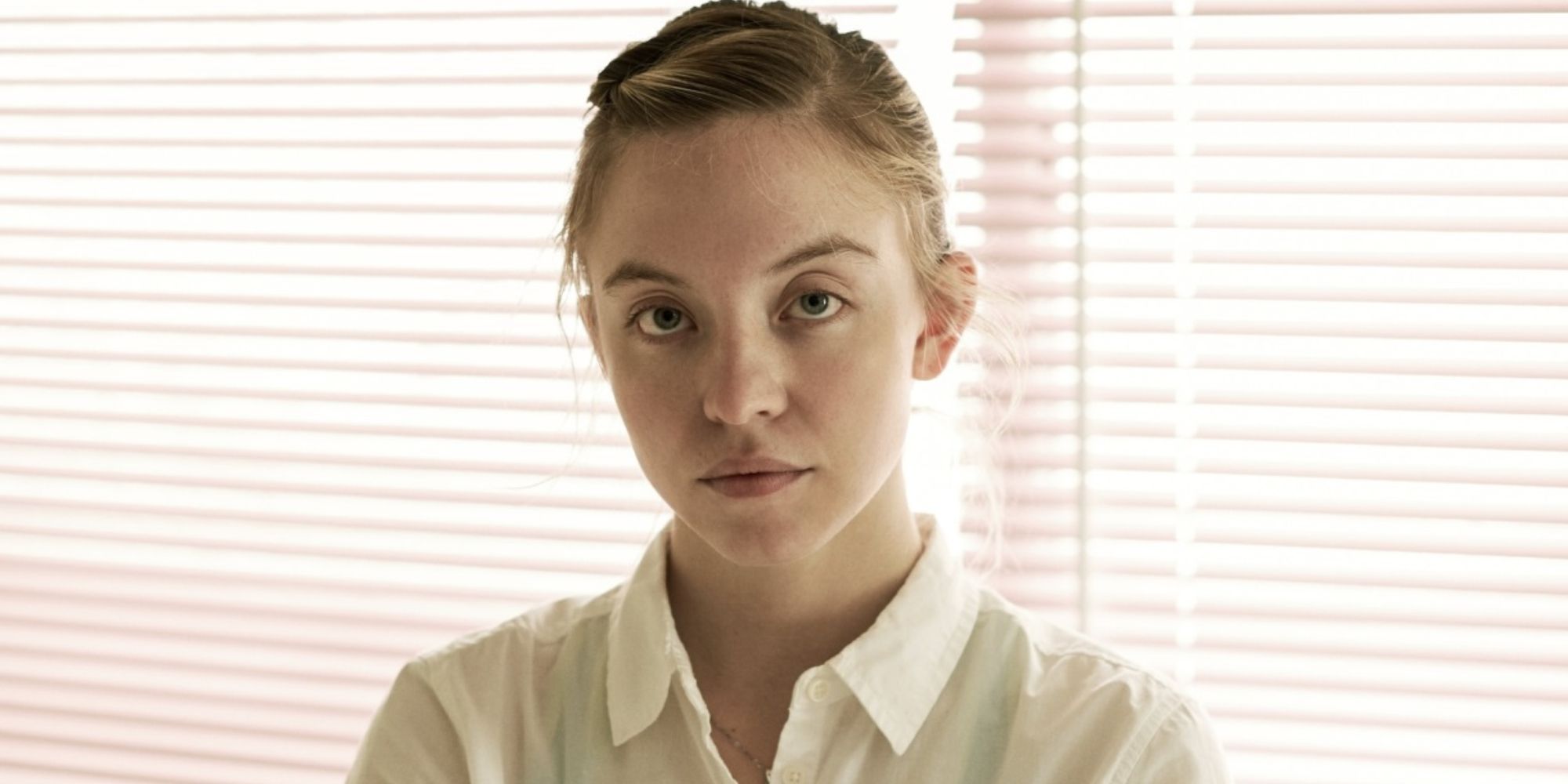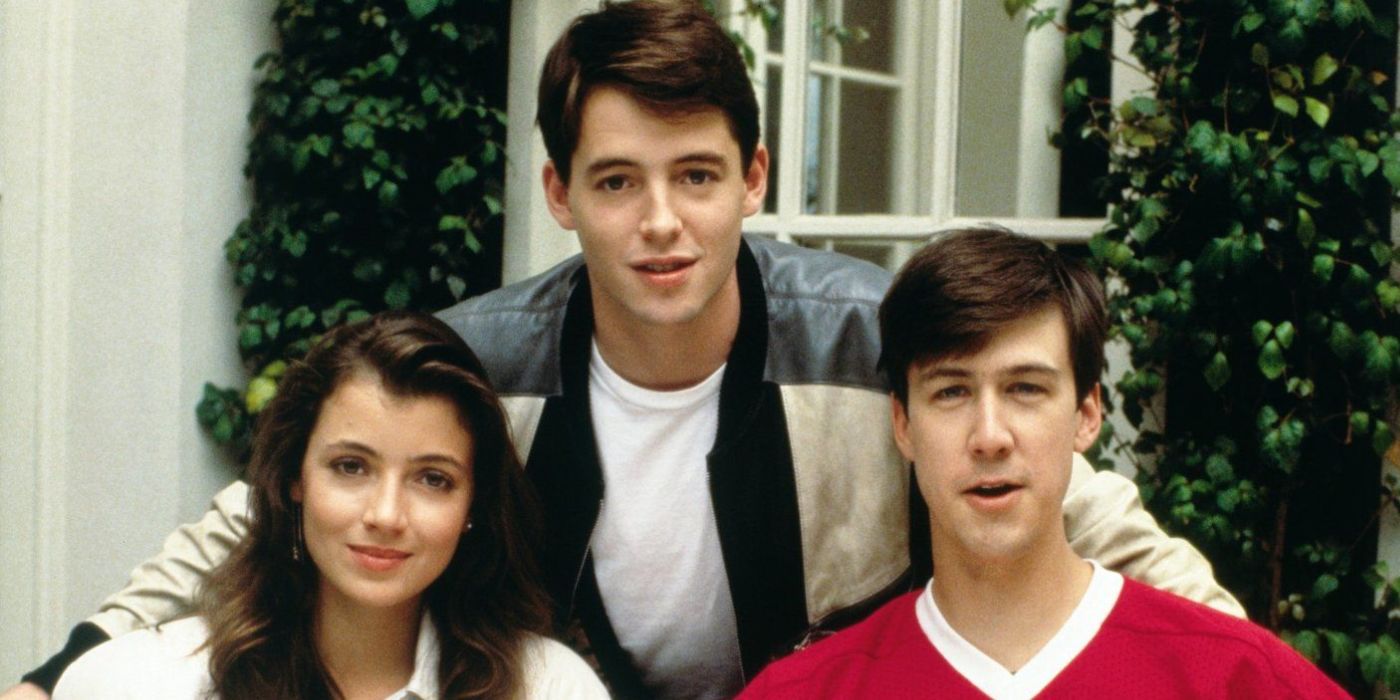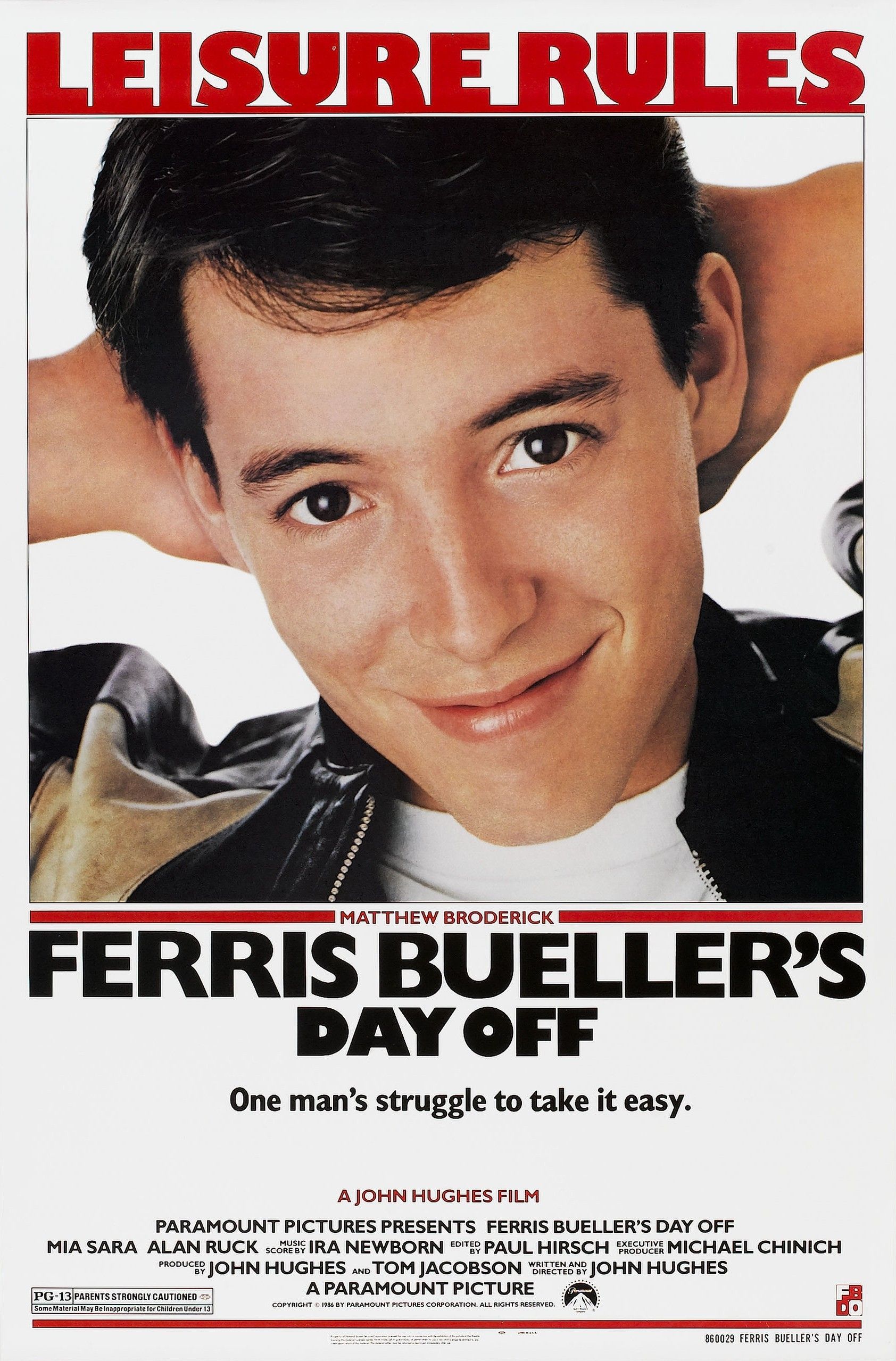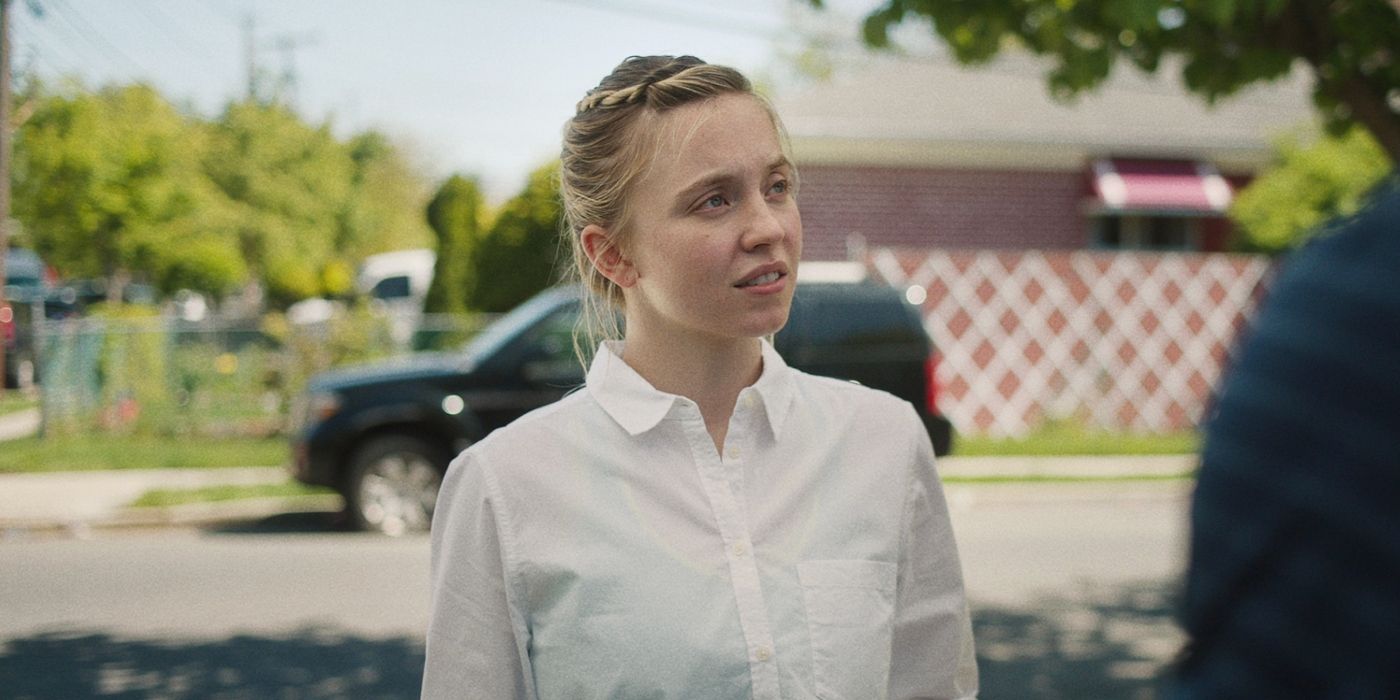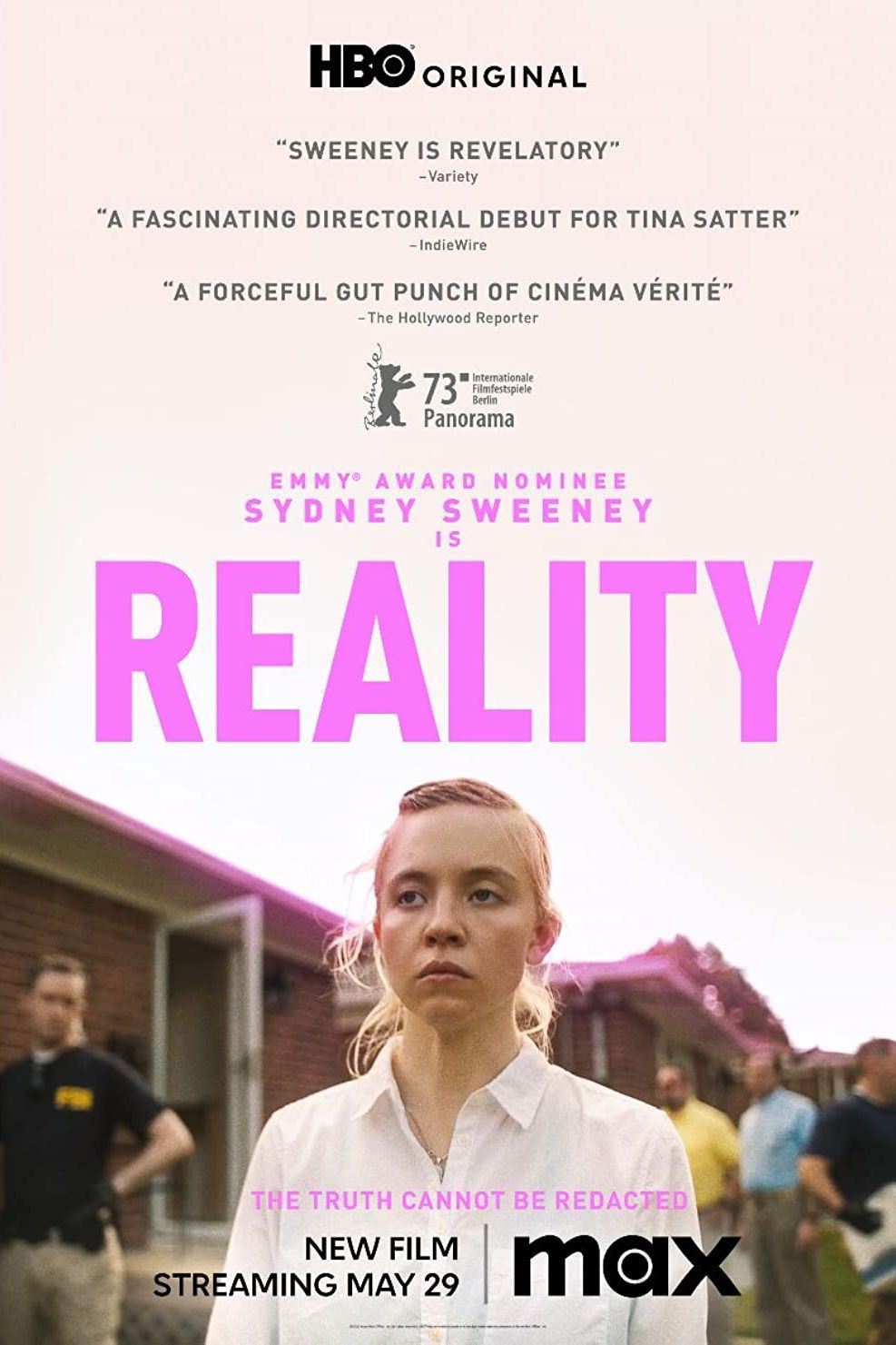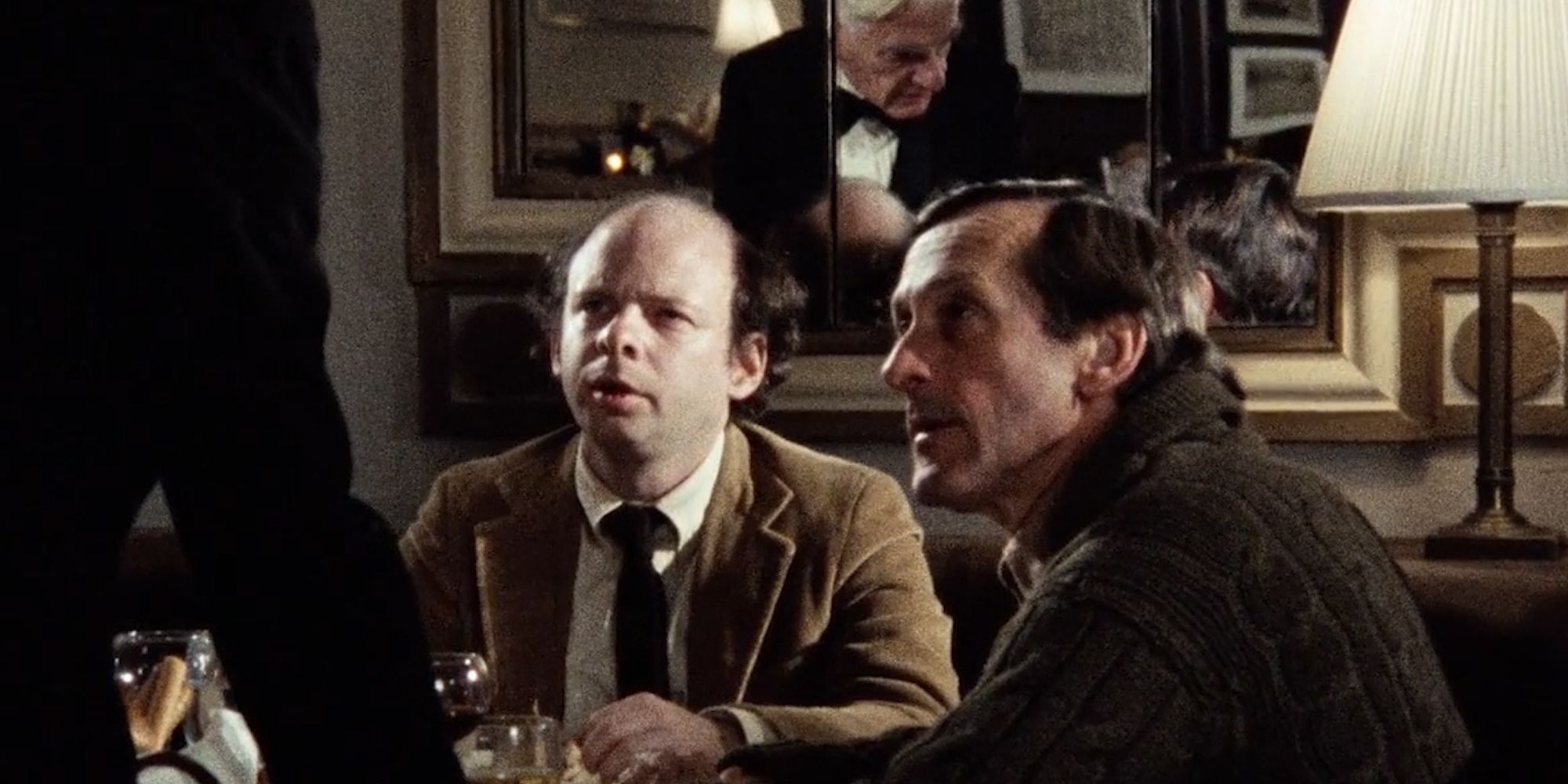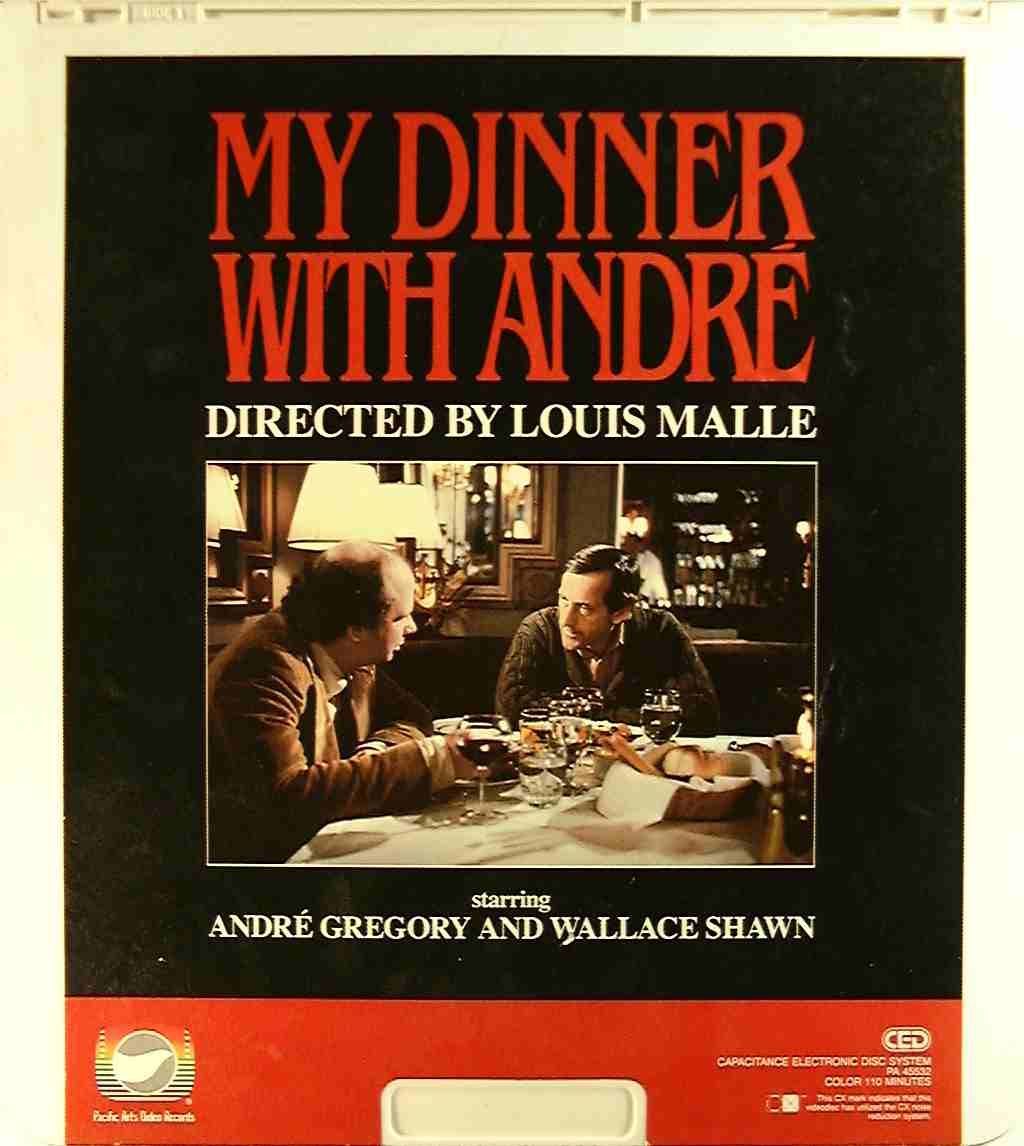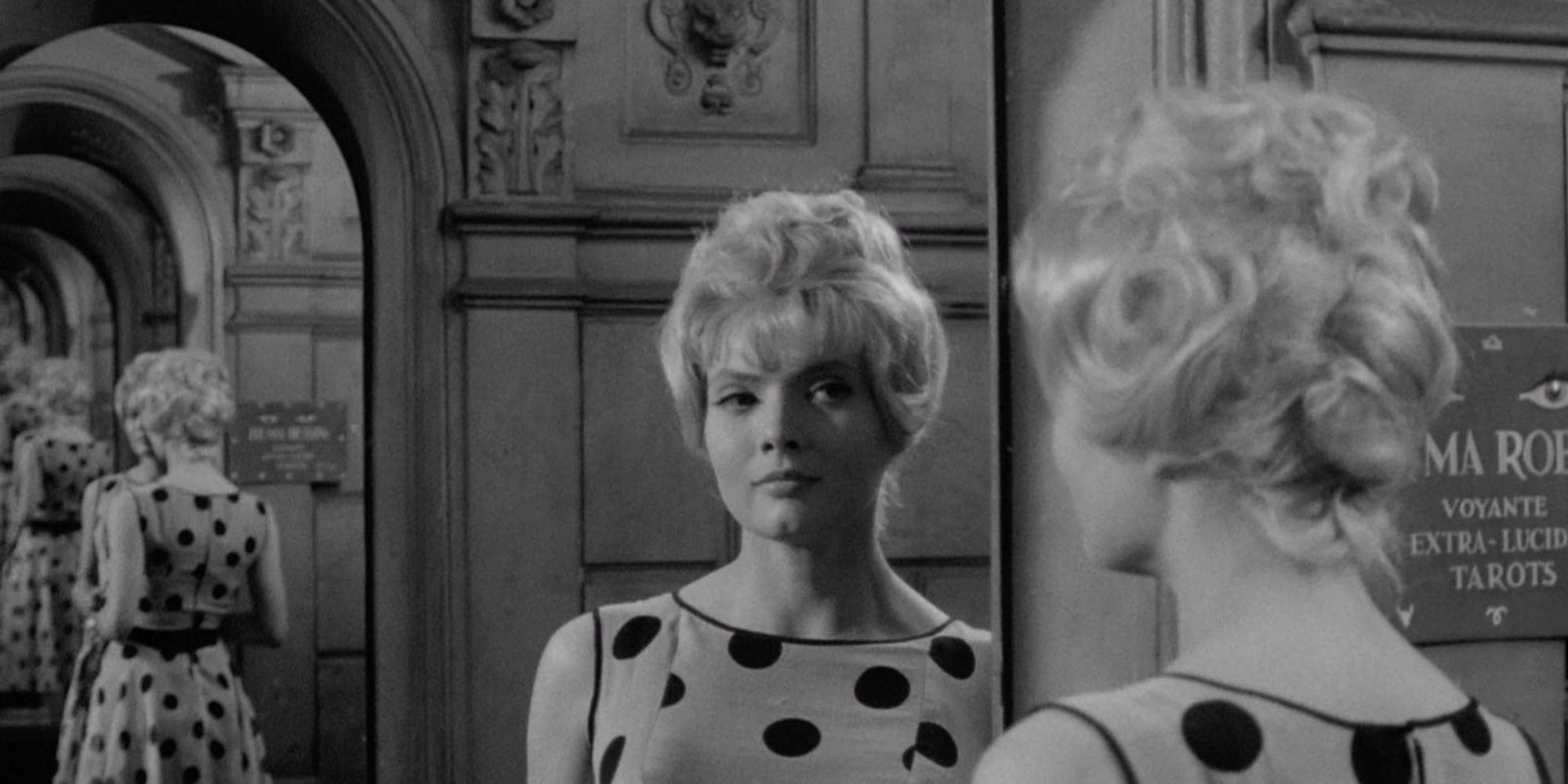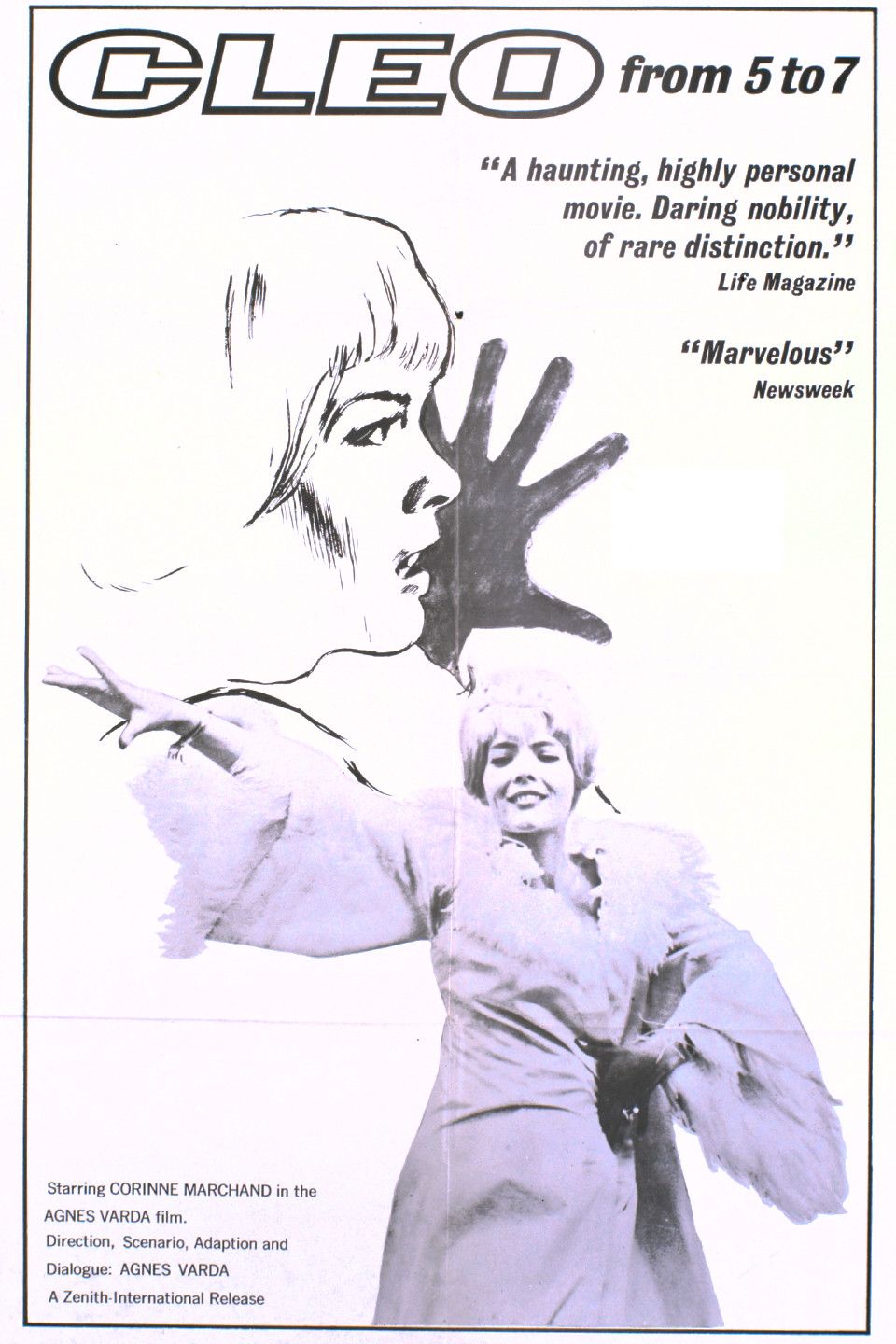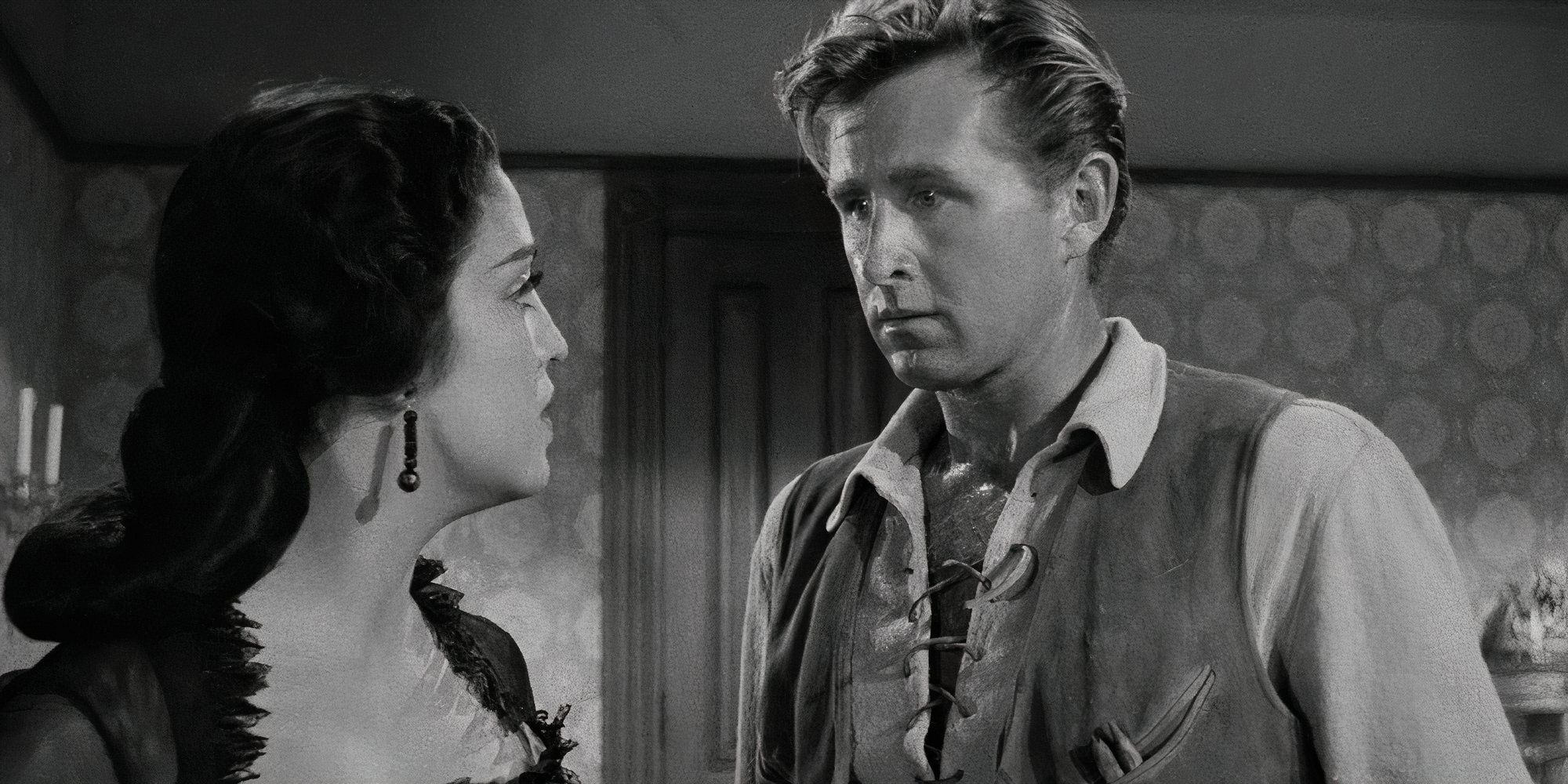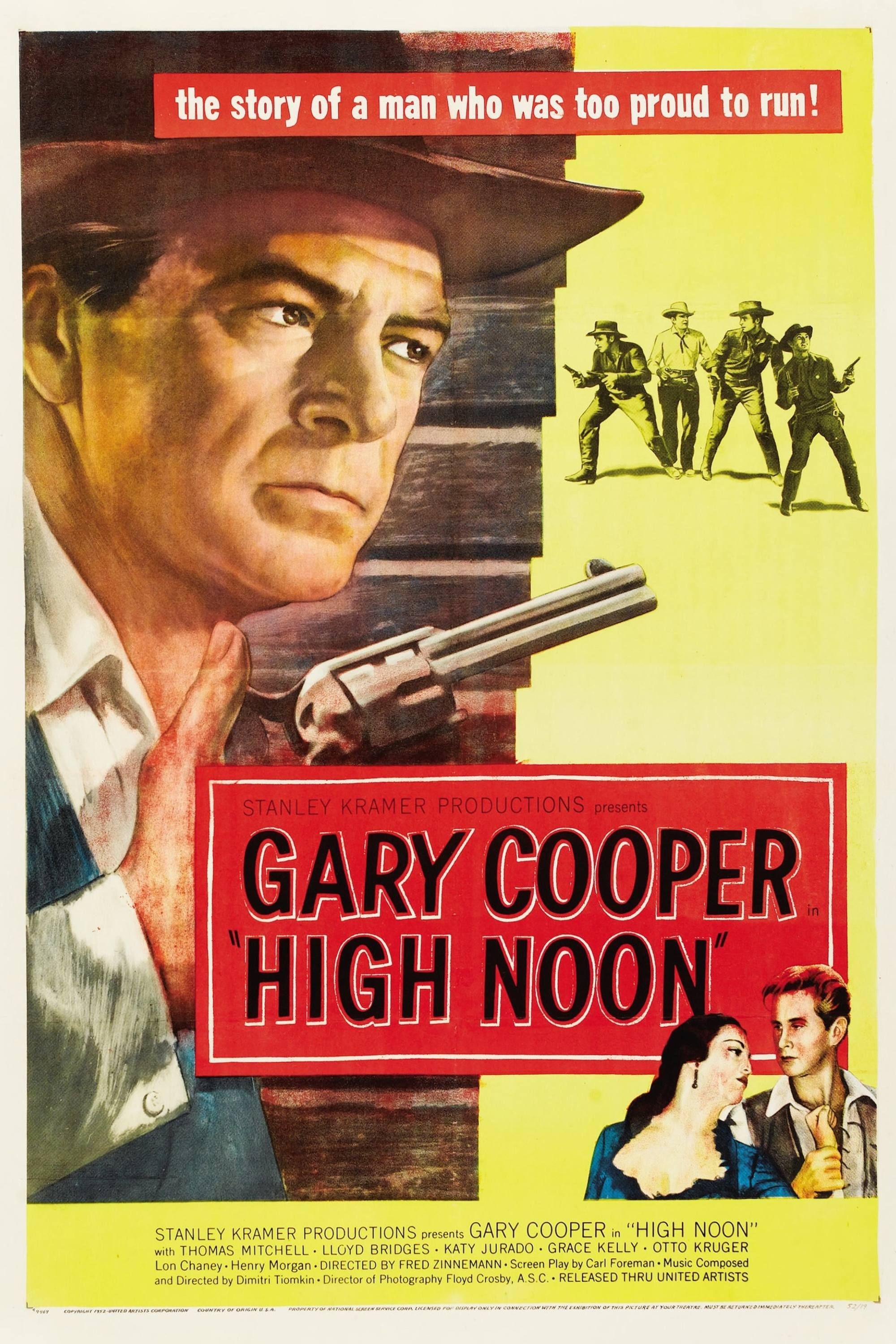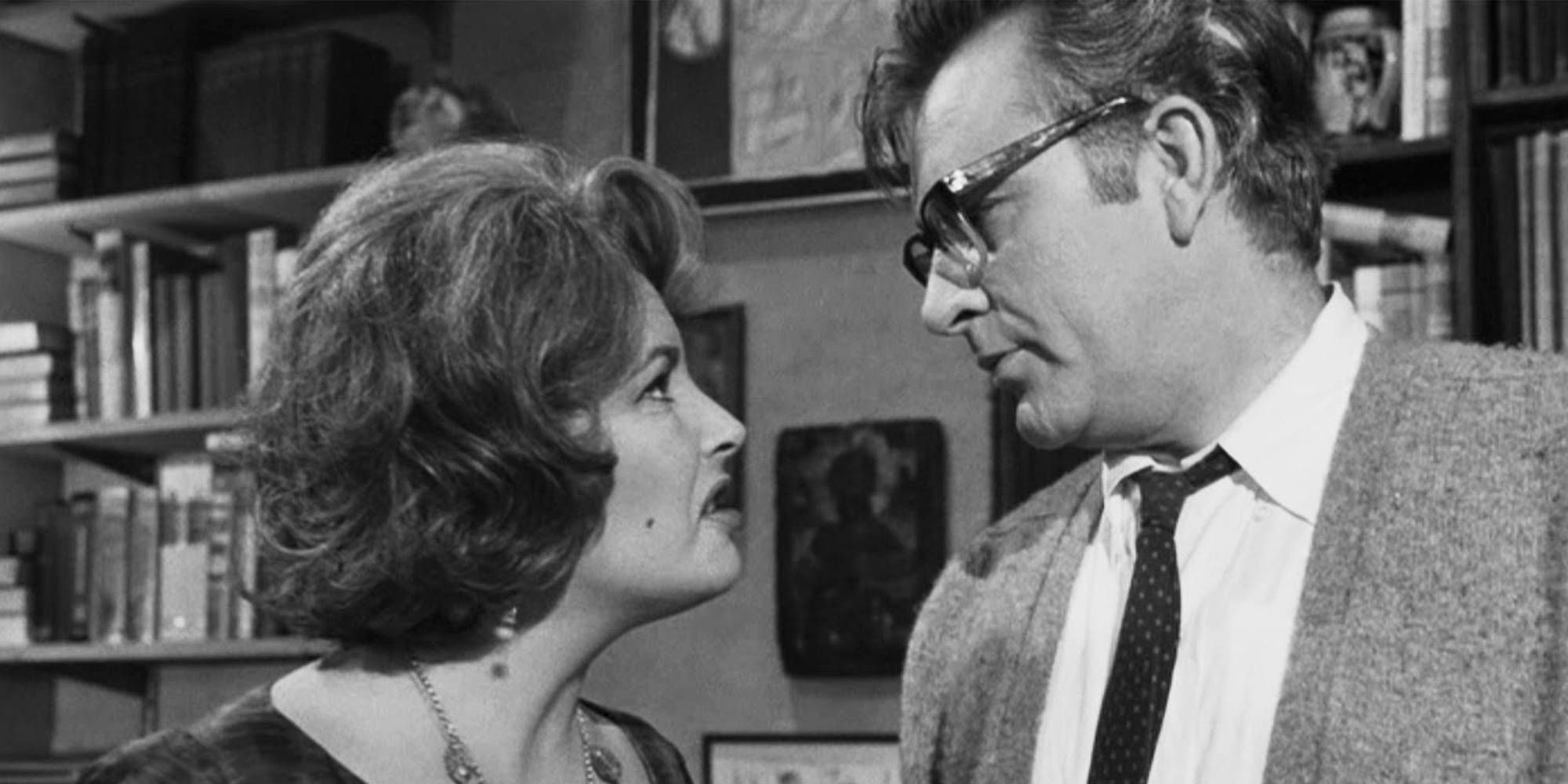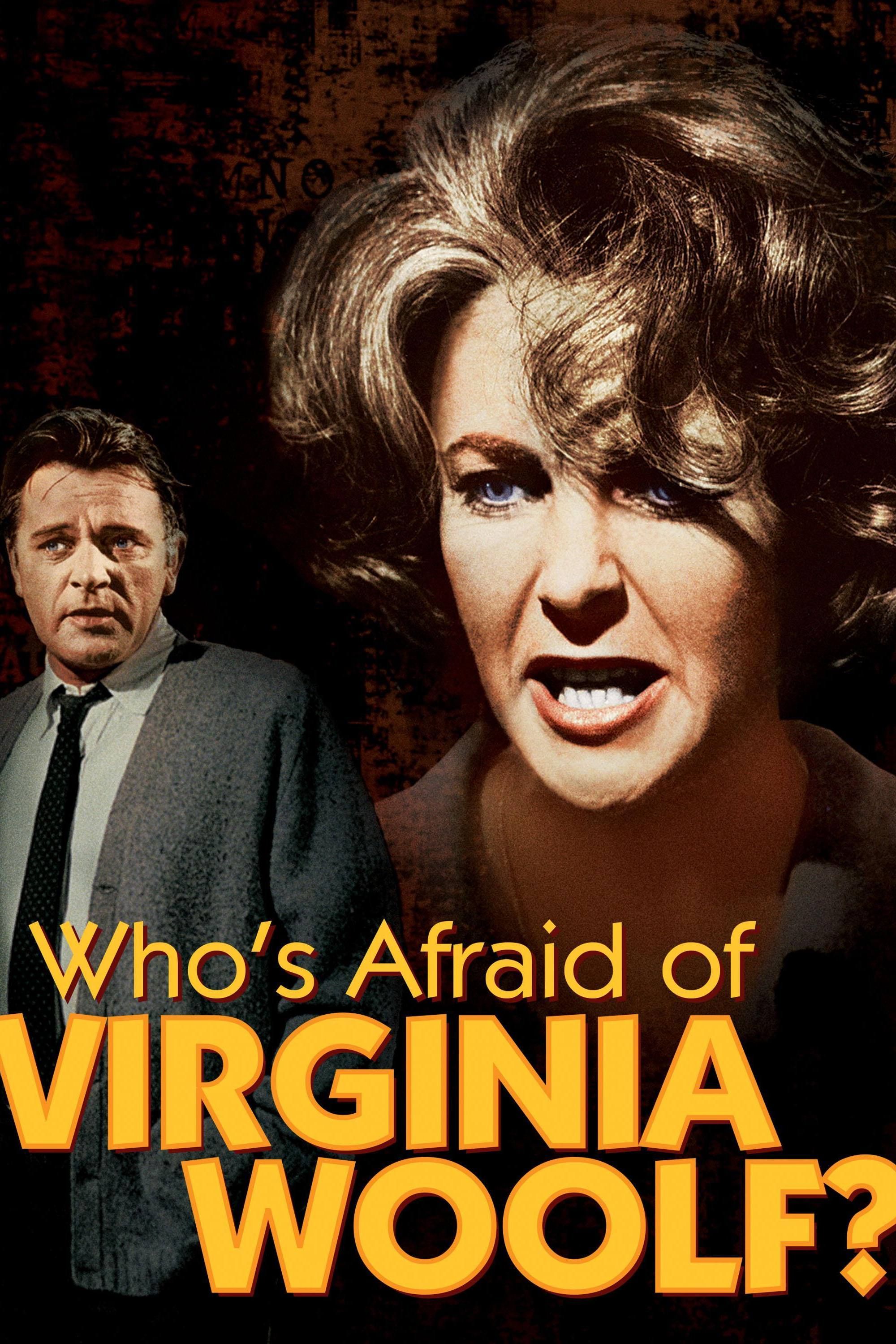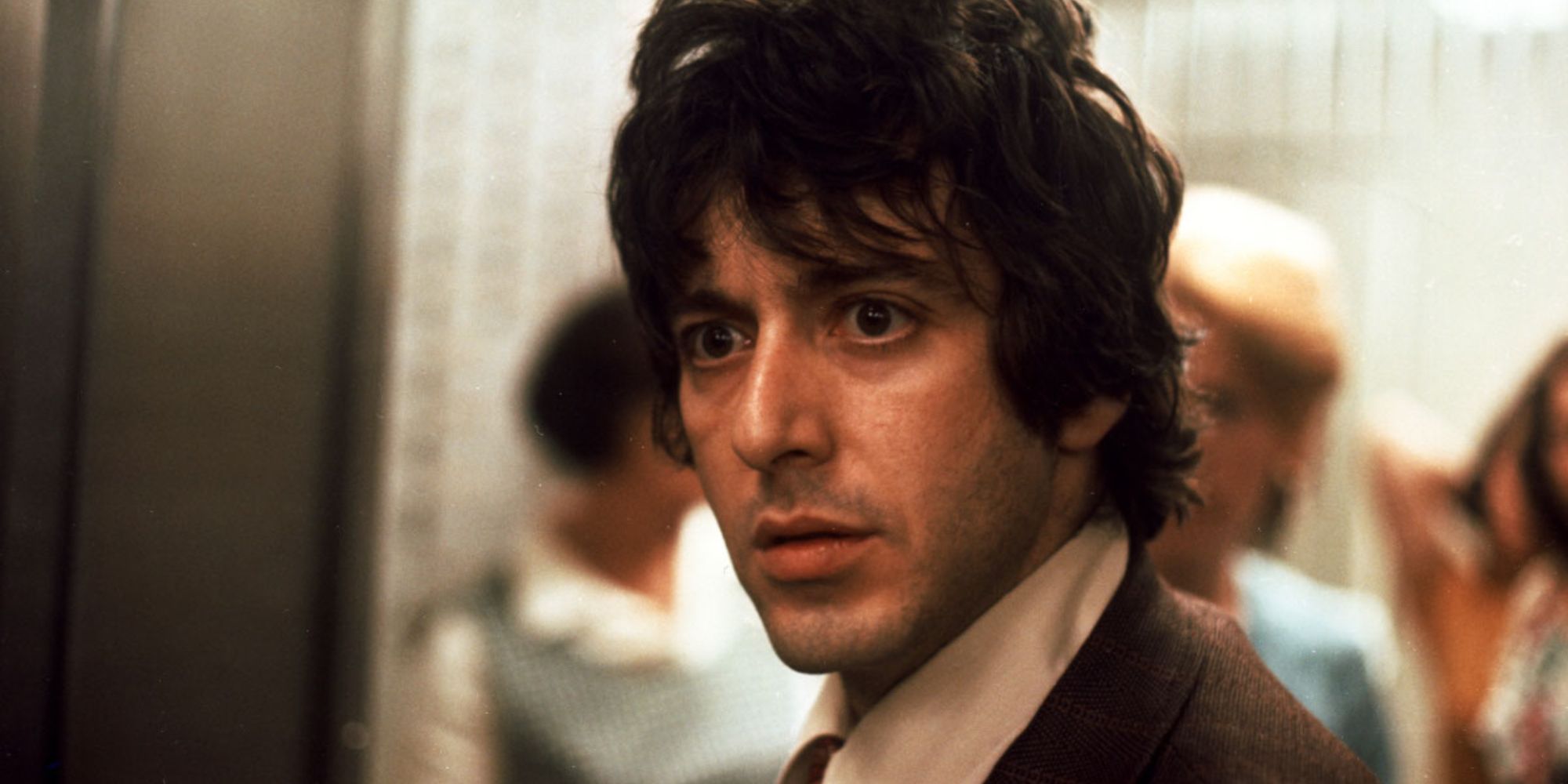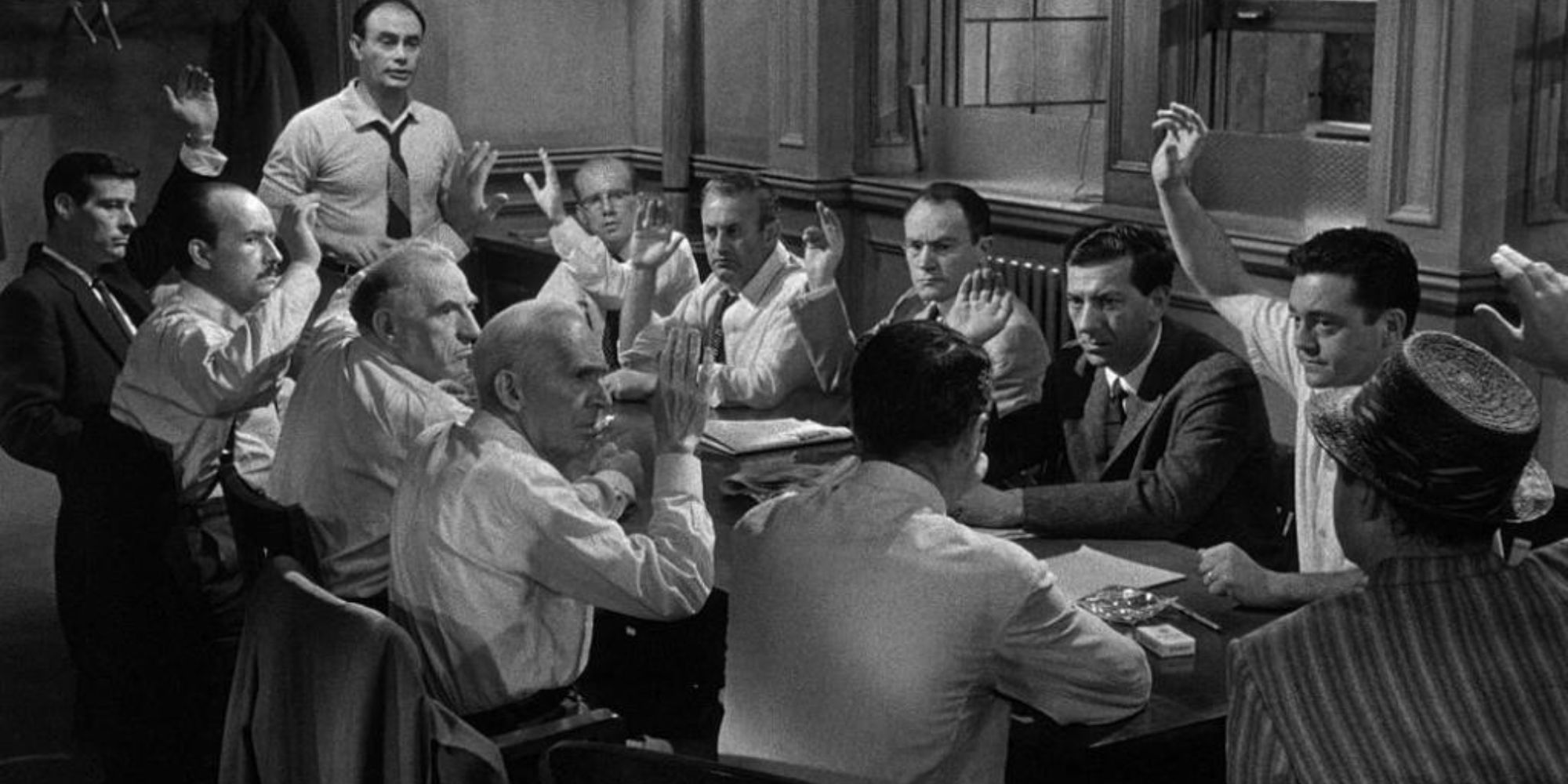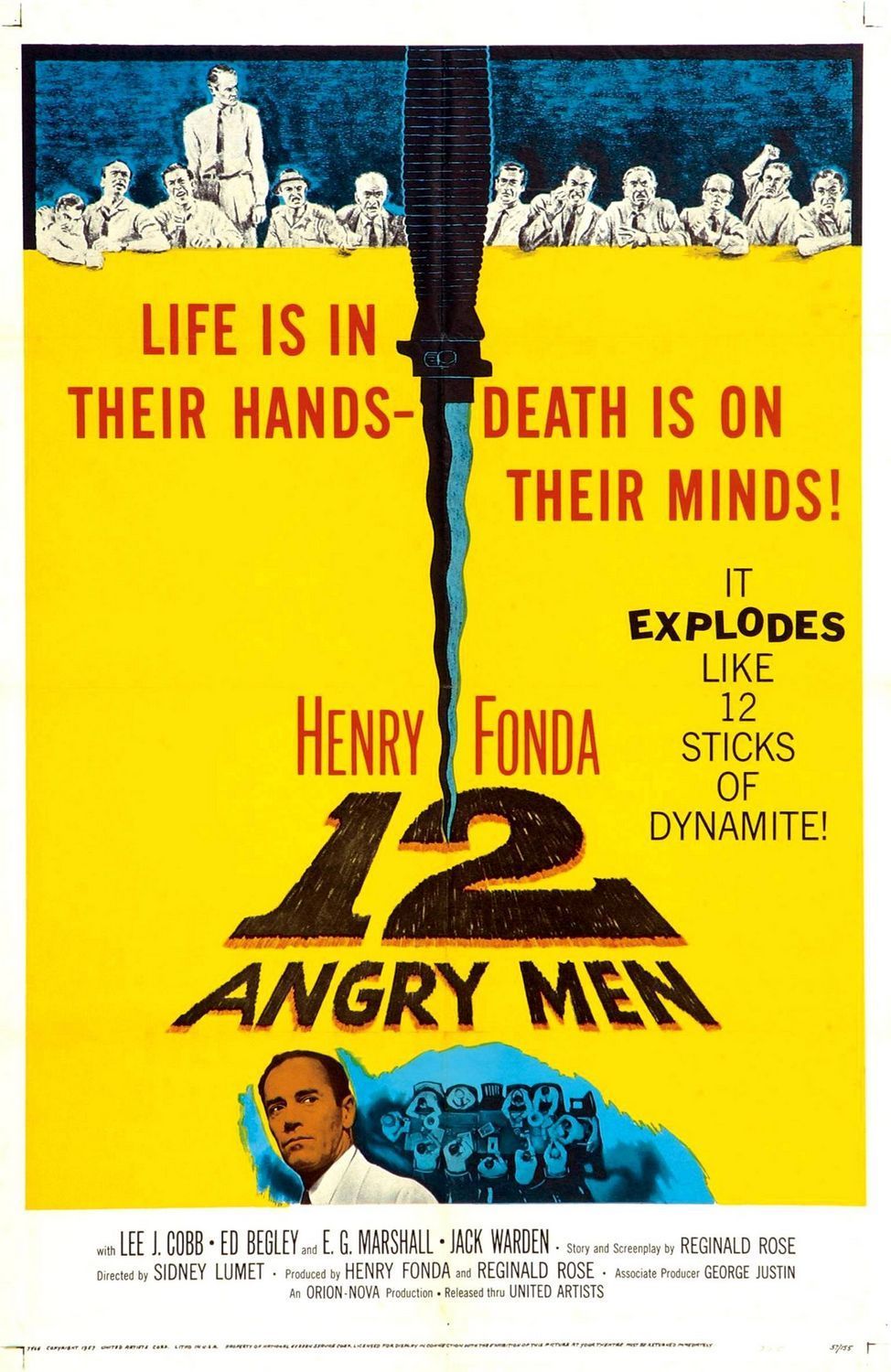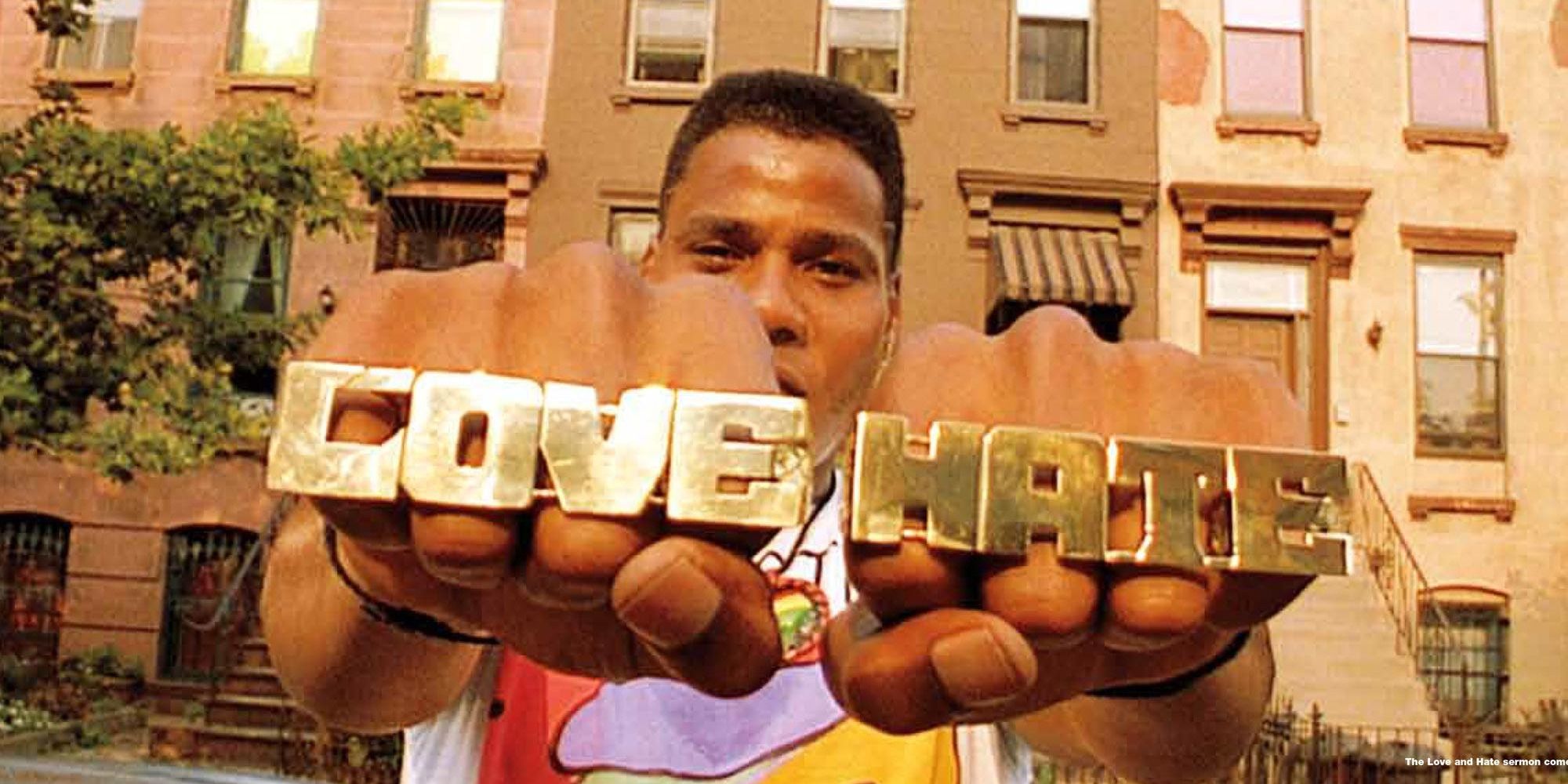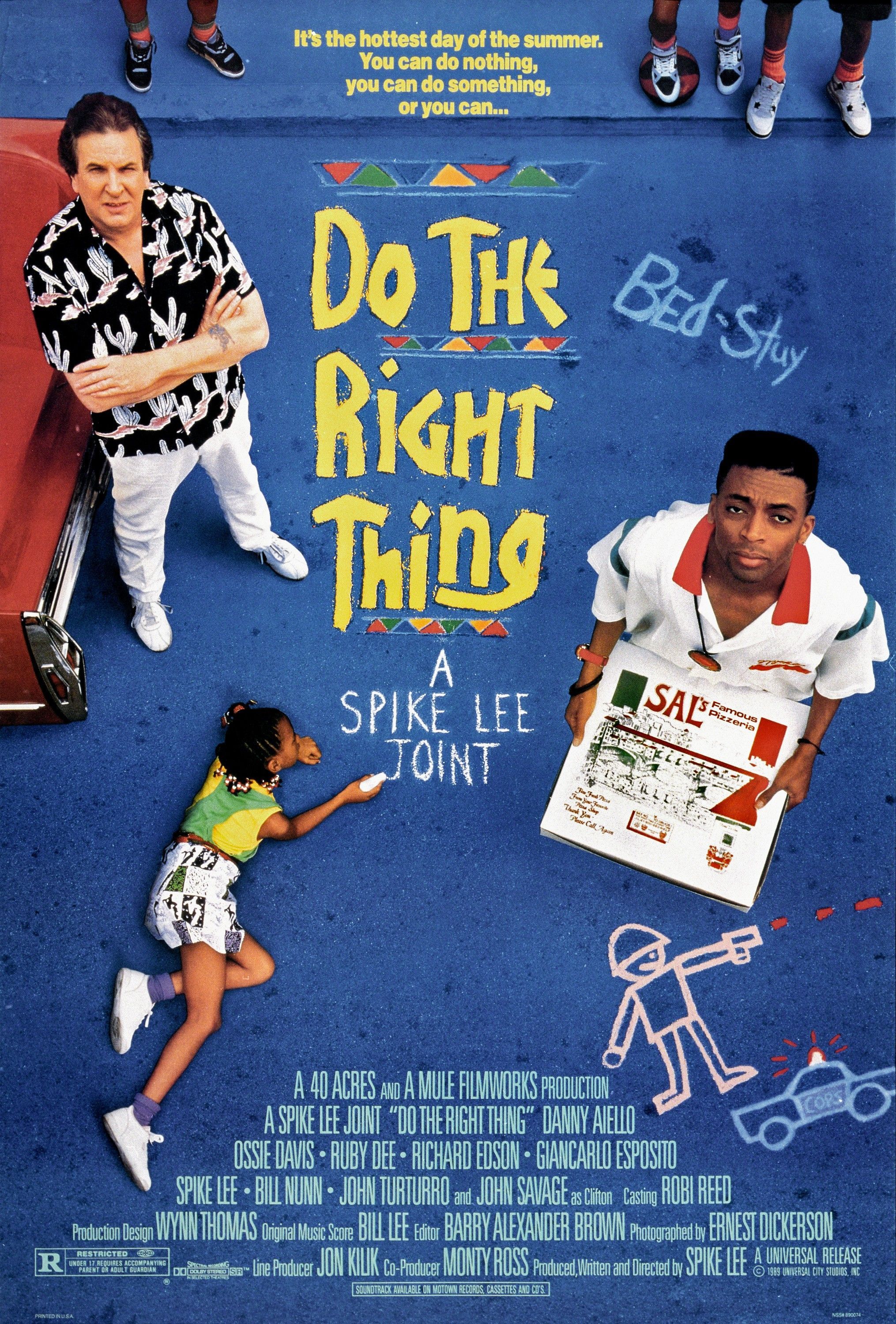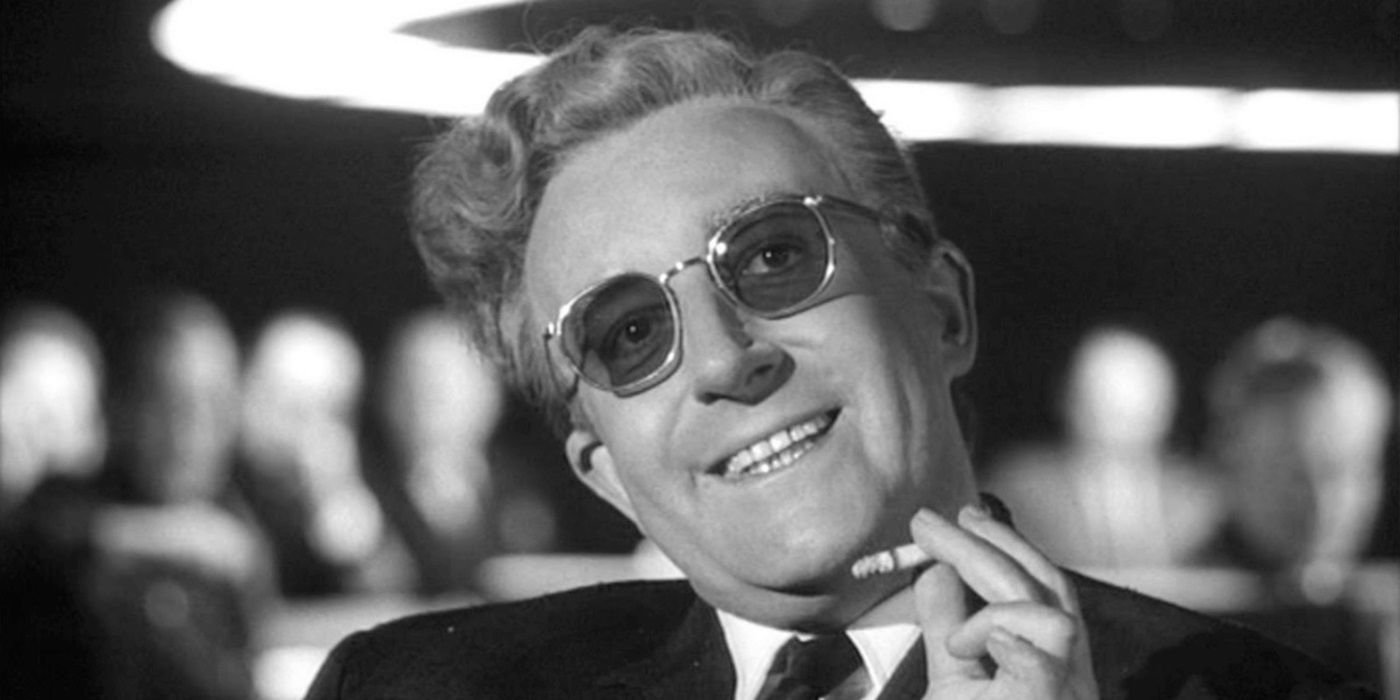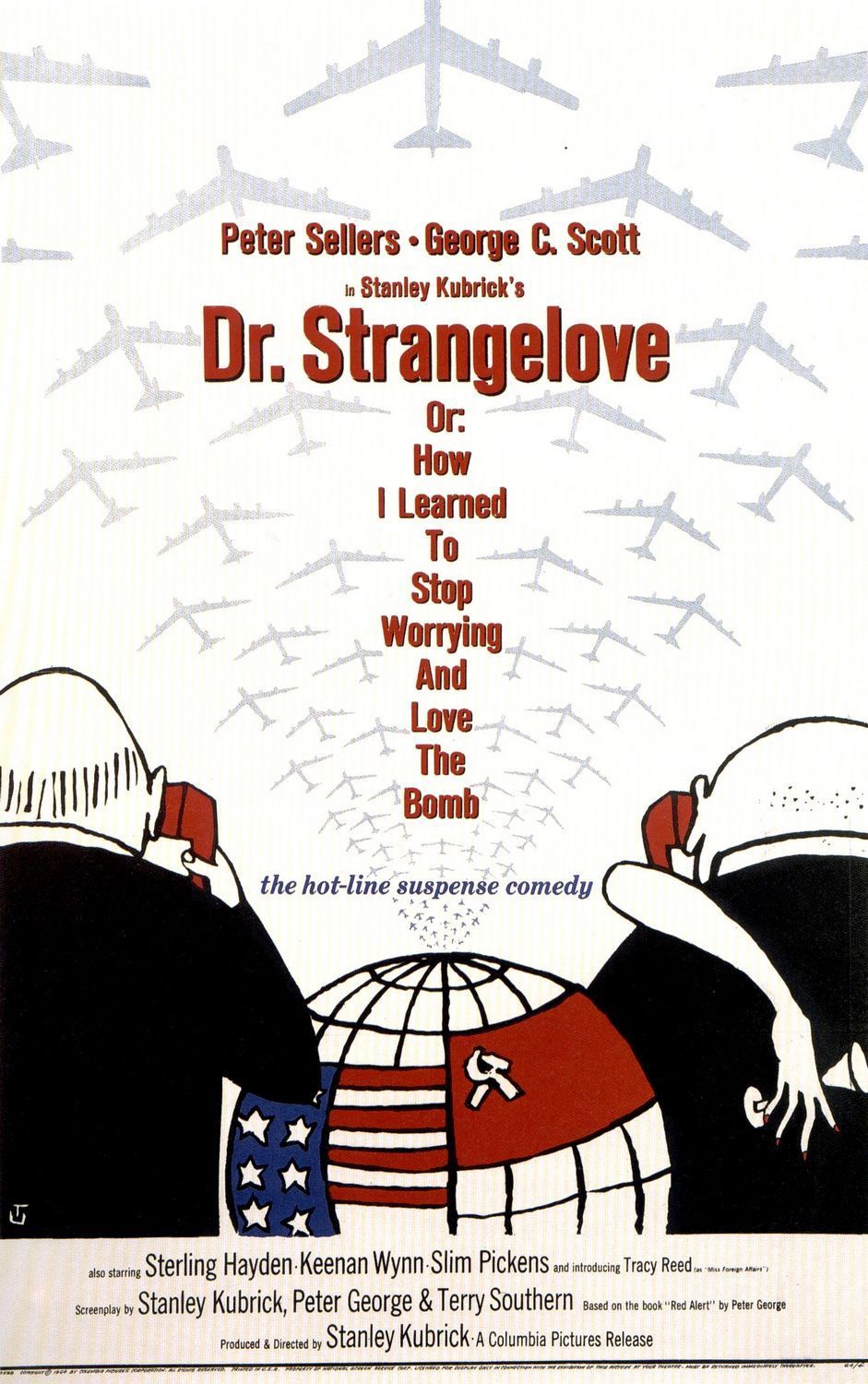Then there is the film whose action occurs over a day or less. Though relatively rare, they've existed for a while and can inhabit any genre. The first proper zombie movie, Night of the Living Dead, is one such example; and then there's American Graffiti in the 70s and The Breakfast Club in the 80s. More contemporary examples include Superbad, The Menu, and Bodies Bodies Bodies. Movies like these do surprisingly good jobs at helping the viewer get to know the characters and present conflicts that make the characters change over a short period of time. In the case of movies like Cléo from 5 to 7 and the much more recent Reality, the story can even take place over no more than a couple of hours. Whether they're happening in real-time or take the full 24 hours, the best of these unique gems of cinema run the gamut from full-blown classics to recent works of brilliance that will remain relevant for as long as the cinema exists.
10'Ferris Bueller's Day Off' (1986)
Directed by John Hughes
Ferris Bueller's Day Off is a comedy classic that takes place over a school day (as unrealistic as that feels at times). Three decades after its release, it was still relevant enough for Deadpool (one of the most popular superhero movies of the 2010s) to pay homage to its iconic post-credit scene. All in all, its timeless message is captured by a quote that's still well-known today: "Life moves pretty fast. If you don't stop and look around once in a while, you could miss it."
Ferris Bueller's Day Off
- Release Date
- Runtime
- Director
9'Reality' (2023)
Directed by Tina Satter
Based on Tina Satter's play Is this a Room, which is based on the actual FBI interrogation transcript of Reality Winner (played by a terrific Sydney Sweeney), Reality is a dramatization of dialogue taken from real life. This alone makes it unique, along with the fact that this interrogation is the whole movie. Reality was given the longest U.S. prison term for leaking classified government documents to an online publication, documents that would point to Russian interference in the 2016 presidential election, yet even those who know that will be enraptured by this movie.
Reality
- Release Date
8'My Dinner with Andre' (1981)
Directed by Louis Malle
The narrator (Wallace Shawn) of My Dinner with Andre has been avoiding someone for years, an old friend and colleague named Andre (André Gregory). But now they're about to have dinner together in Manhattan, and what a conversation they have. Andre talks about his travels, from having a wacky improvisational group in the Polish wilderness to being in the Sahara to having a wild night in Long Island, and that goes on for a while.
My Dinner with Andre
- Release Date
- Director
- Writers
7'Cléo from 5 to 7' (1962)
Directed by Agnès Varda
Beginning with a devastating tarot card reading, during which the camera stares down at the cards and two pairs of hands involved, Cléo from 5 to 7 is about a famous singer (Corinne Marchand) who has known that she probably has stomach cancer for a few days now. "She's doomed," the tarot card reader states, and thus the film continues through the next two hours of Cléo's life as she waits to hear the test results from her doctor. Each chapter indicates exactly how much time it takes up, making for one of the most well-organized movies ever made.
Cléo from 5 to 7
- Release Date
- Runtime
- Director
6'High Noon' (1952)
Directed by Fred Zinnemann
In High Noon, Gary Cooper plays an aging town marshal who is planning to move out of town with his new wife (Grace Kelly). It's their wedding day, which gets interrupted by bleak news: feared outlaw Frank Miller (Ian MacDonald) has recently been released from prison, and his train is set to arrive at noon. Since Kane is the one who sent Miller to prison, he knows that Miller is coming back to kill him (and others). While Miller's gang waits at the station, Kane has to either skip town immediately with his wife or protect the town he's defended for so long.
High Noon
- Release Date
- Runtime
- Director
5'Who's Afraid of Virginia Woolf?' (1966)
Directed by Mike Nichols
A truly legendary stage-to-screen adaptation, Who's Afraid of Virginia Woolf? is about a husband (Richard Burton) and wife (Elizabeth Taylor) who play complicated and emotionally cruel games with each other. They have just come home from a party and host two guests (played by George Segal and Sandy Dennis) who become increasingly uncomfortable throughout the evening. The husband, George, is a history professor at a New England college, and his wife Martha is the university president's daughter.
Who's Afraid of Virginia Woolf?
- Release Date
- Runtime
- Director
4'Dog Day Afternoon' (1975)
Directed by Sidney Lumet
Dog Day Afternoon tells the story of a bank robbery gone wrong. Based loosely on the real hostage situation led by John Wojtowicz, it tells the story of the guys who try to rob a bank but wind up having to keep everyone inside hostage to negotiate with the police outside. Al Pacino plays a man robbing this Brooklyn bank for his lover's sex-change operation, and his scheme soon becomes a big news story. A crowd of people gathers outside, many of whom support him. The famous chant "Attica! Attica!" comes from this film.
Dog Day Afternoon
- Release Date
- Director
3'12 Angry Men' (1957)
Directed by Sidney Lumet
Sidney Lumet's directorial debut is better than most others' work at any stage in their careers. It's called 12 Angry Men, about a particularly intense jury deliberation. Most of the guys here think the defendant is guilty, and a few would like to get a move on because they have prior arrangements. Gradually, though, enough holes get poked in the story they've been presented with that the verdict soon appears less clear than the majority suspected.
12 Angry Men
- Release Date
- Runtime
- Director
2'Do the Right Thing' (1989)
Directed by Spike Lee
Addressing racial tension in frank but empathetic terms, Spike Lee's Do the Right Thing presents a day in the life of people living in a Brooklyn neighborhood in the late 1980s. Lee plays a delivery guy who works for a pizza joint run by a middle-aged Italian-American man (Danny Aiello) and his racist son (John Turturro). There are also three guys who sit outside talking all day, a man who walks around with a boom-box (Bill Nunn), and other engaging characters.
It only received Oscar nominations for Best Supporting Actor (Aiello) and Best Original Screenplay, but it should have received more. By turns funny and tragic, Do the Right Thing offers a variety of perspectives that help viewers understand the nature of prejudice. Bringing all of these characters to life over the course of just twenty-four hours (it begins and ends with a radio DJ starting his show) while painting such a vivid portrait of city life is a monumental task. Accomplishing all this and more, Do the Right Thing is arguably Spike Lee's best work to date.
1'Dr. Strangelove (Or How I Stopped Worrying and Learned to Love the Bomb)' (1964)
Directed by Stanley Kubrick
Right before Stanley Kubrick told his millennia-long story about humanity, he gave us a story that unfolds over just a few hours: Dr. Strangelove (Or How I Stopped Worrying and Learned to Love the Bomb). A paranoid American general (Sterling Hayden) has gone rogue, ordering the nuclear bombing of a Soviet base without the president's permission. Unfortunately for the world, only he knows the code that would allow the order to be called off. Communication is a big theme here.
This results in a scramble to stop the bombing and, by extension, a nuclear holocaust. There isn't much time, though, giving this comedy the pace and energy of a thriller. It's scary how relevant this film still is today, despite the Cold War being over, but it's told so well that it's still a fun ride the whole way through (and always has been). Along with a hilarious George C. Scott and three of Peter Sellers' best performances, Dr. Strangelove is still one of the greatest satires of all time.

